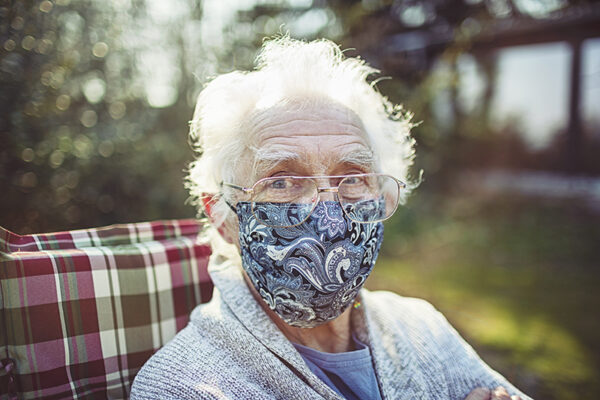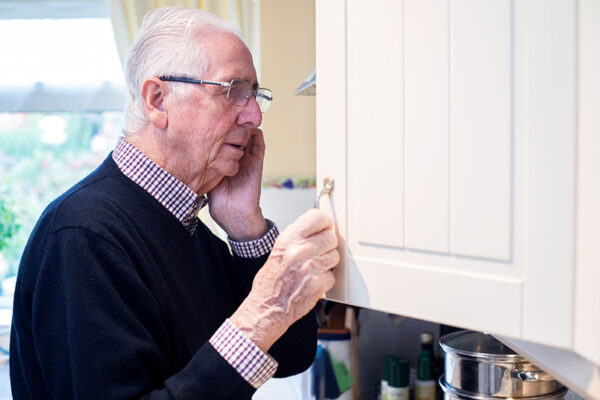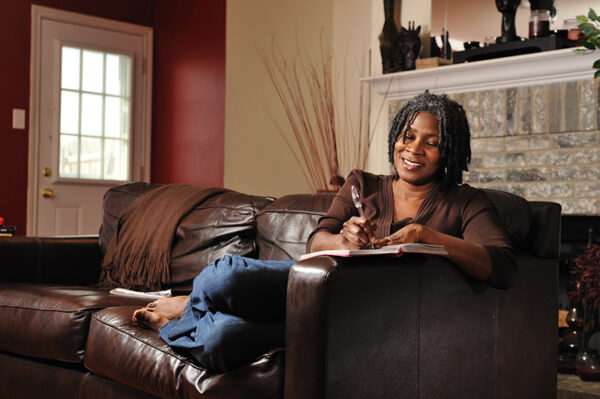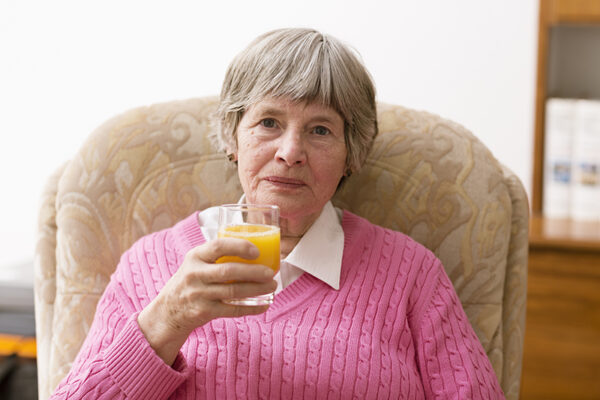How to Help Someone with Dementia Who Refuses to Change Clothes
Being a caregiver for someone with Alzheimer’s disease or some other type of dementia requires creativity, patience, and empathy, the ability to step away from your individual reasoning and logic and realize why a certain behavior is occurring, and then to determine how exactly to effectively manage it. That’s certainly the situation with a family…










